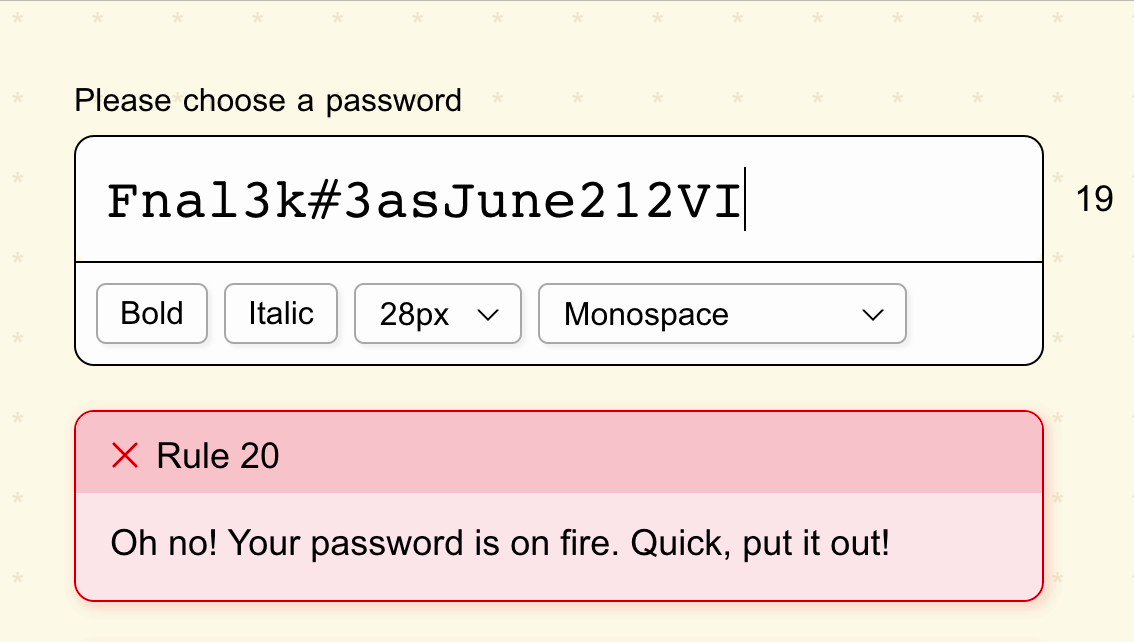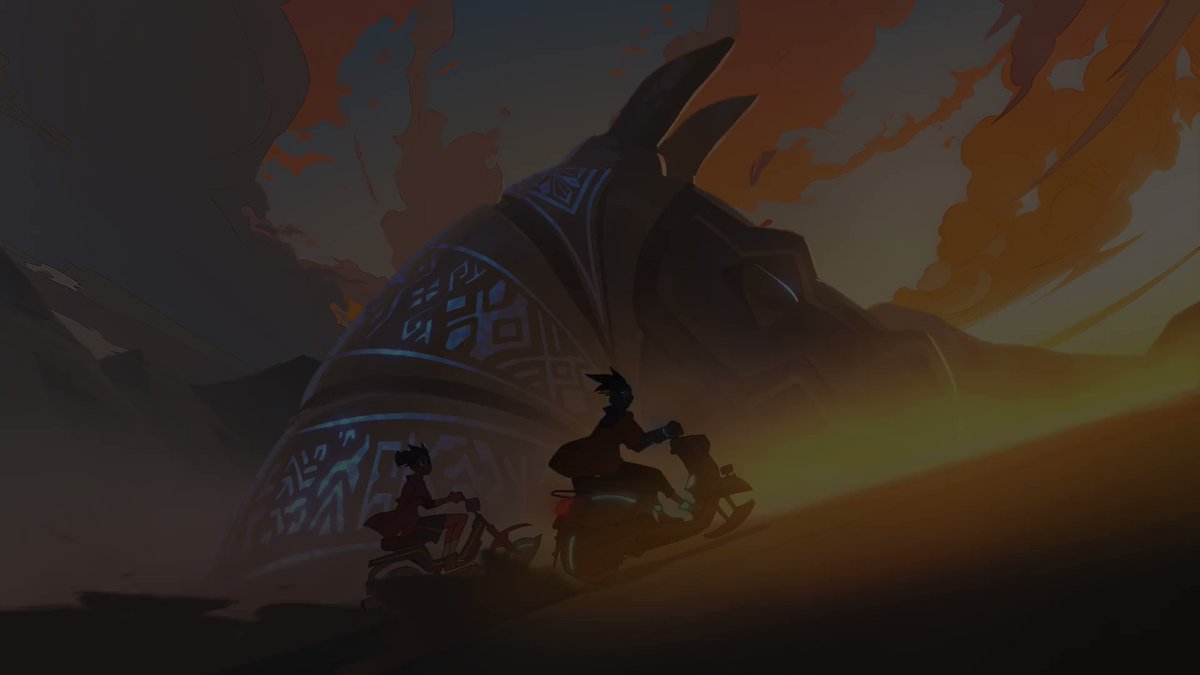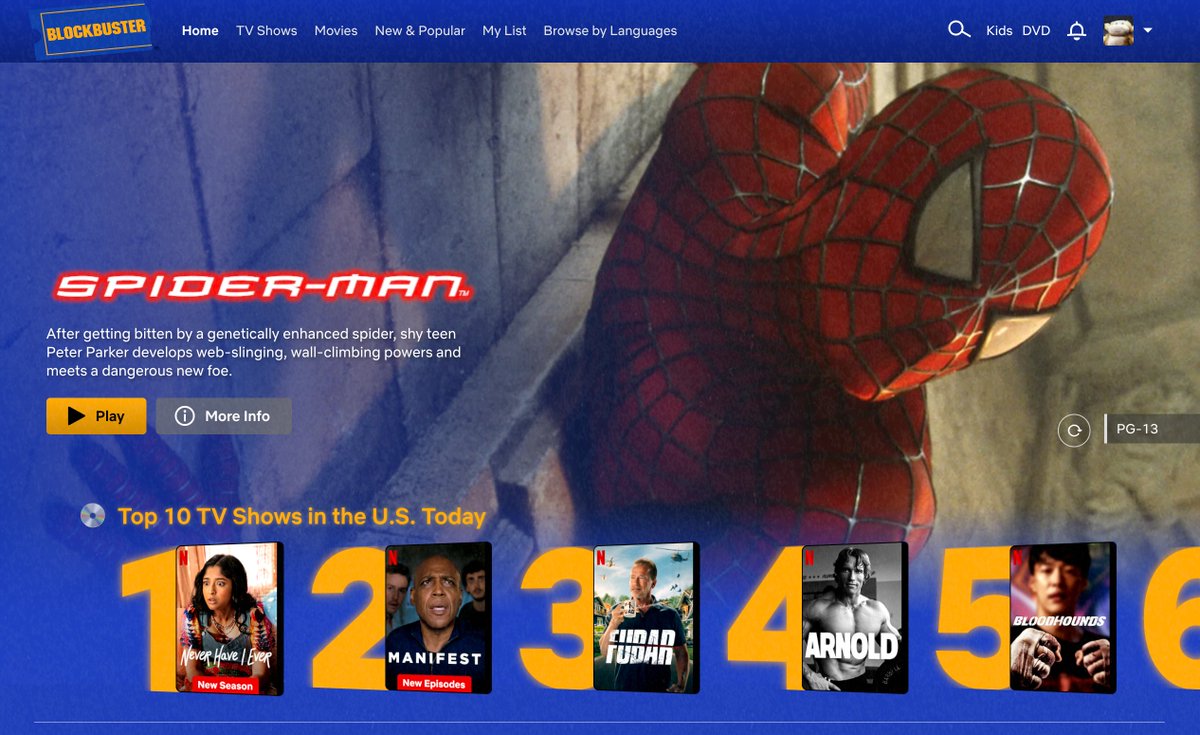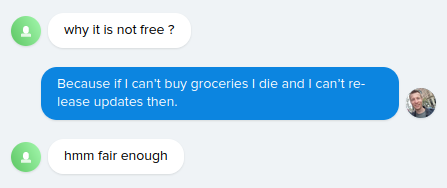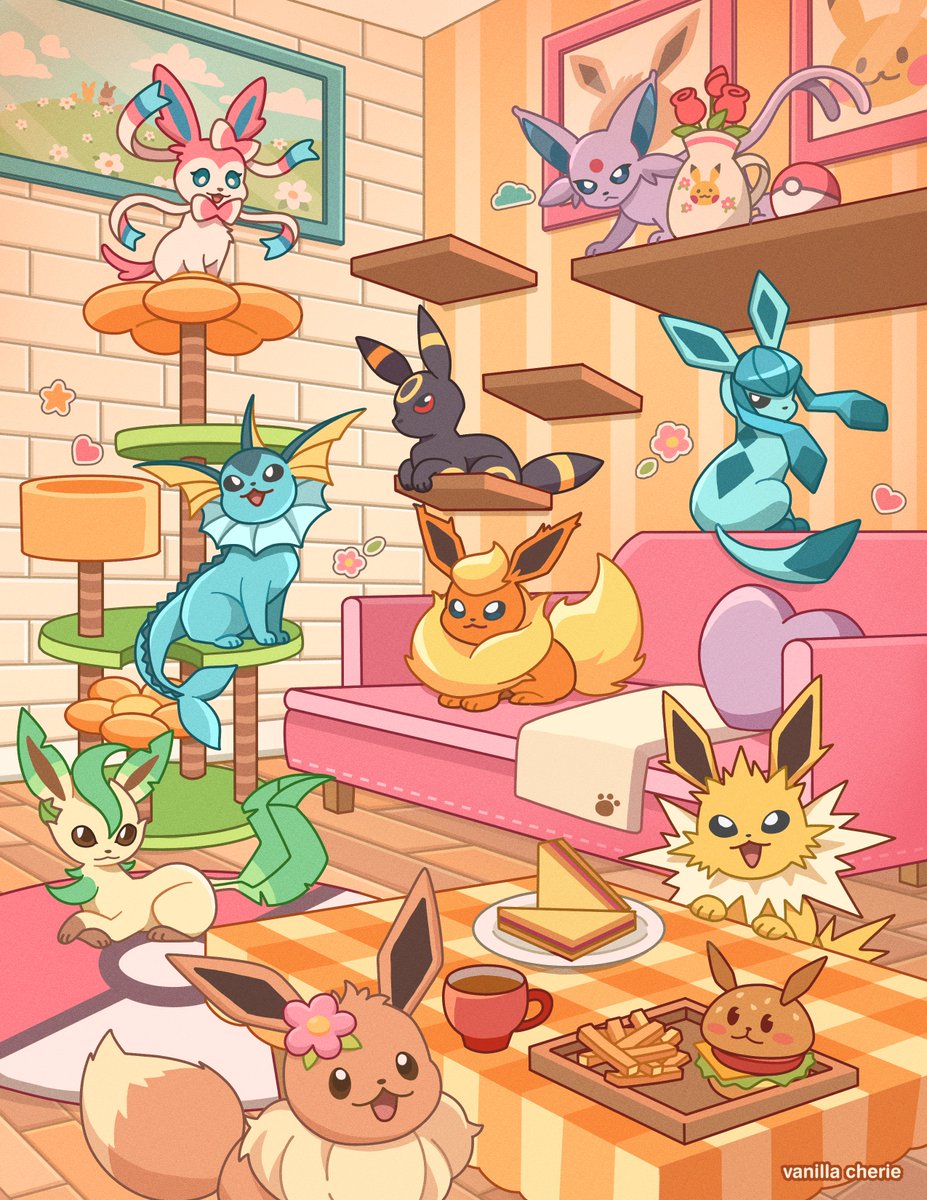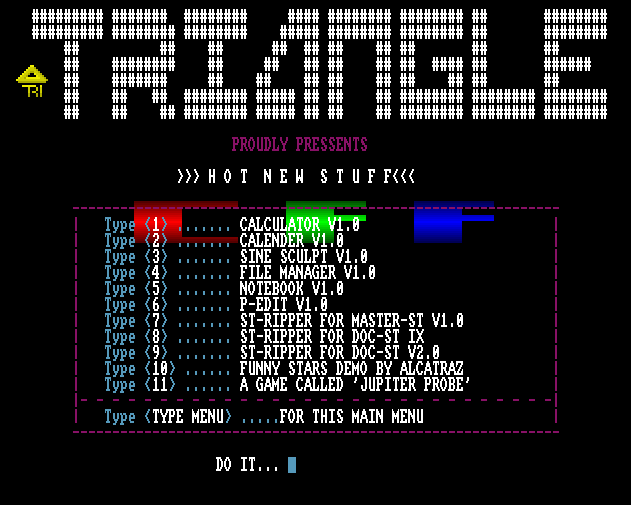They–we–created a human-centric Internet to serve the needs of human beings. Without human beings, without people, without us, the Internet would have remained in the hands of the military, defense contractors, colleges, and universities. It would never have grown to be what it is today. It would never have been used for educating school children during a frightening pandemic, serving as a tool for each of us to gather information about our ailments that healthcare professionals often refuse to provide, learning which doctors and dentists to choose and which to avoid, discussing politics with strangers, viewing the latest Star Wars movies, dating on line, or even entertaining us with online games.
The Internet of the late 1990’s to mid 2000’s afforded many opportunities for friendship and growth. Six years ago, Rachael White wrote of her early Internet experiences, “Other than now, as a 31 year old woman, I don’t think I’ve ever had as many friendships with women as I did when I was a teenager spending all my free time on the Internet. Not only were other teen girls super into self-expression via blogging in a pre-WordPress era, they really wanted to help each other out!” Winnie Lim wrote, “I would have probably never learnt to love myself if not for online spaces. I wouldn’t have known the variety of love I knew in the physical world was toxic, that it was okay to love someone of the same sex, that I wasn’t the only person in this world doubting the value of existence, that there were others like me who could only express ourselves through online mediums.”
Participation in the Internet grew and grew and grew for three decades. But as the Internet grew to the point where even truck drivers, grocery store checkers, and plumbers were on line, things began to change. Companies gradually took control of content where mostly individuals had once enjoyed free reign. The friendship, uplift, and comradery of geeky introverted nerds was gradually mixed with hostility and bigotry. The Internet began to turn dark and soul-sucking for some. To be perfectly fair, wherever human beings gather, we find good and evil shoulder to shoulder. The negative side of the Internet was always there, but early social sites were much smaller and better controlled. And, on an Internet with many small social networks, individuals who were dissatisfied with one could always move to another.
The giant companies that took over the Internet could not have cared less about the original vision that created it. Tim Berners-Lee and the others began to be largely ignored, except perhaps by a few who understood what was happening. Corporations cared only about making money with the network that others had created. As Keanu Reeves recently stated succinctly, “Corporations don’t give a f**k.” These companies gradually transformed the Internet into the largest sales tool the world has ever know. It became bigger than radio and television. It put newspapers and magazines that had been around for a hundred years out of business. It transformed the way business was conducted.
In the process of transforming the Internet into a bland lifeless reflection of themselves, these companies all but removed every trace of humanity they could from the Internet. They hid the human face of the personal website. They began replacing the personal computer with the cellphone and other appliances running software they controlled.
Those who had once reveled in the freedom the early Internet had afforded gradually learned the importance of online anonymity. But companies also began to take that away by forcing individuals to identify themselves before they would be given the “privilege” of opening an account on a corporate-controlled site where their data would be mined and sold to the highest bidder. Despite the great odds against them, a few individuals fought back by refusing to hide their individuality. They fought back by creating their own tiny blogs and social media sites like yesterweb.org, MayVaneDay.org, forum.melonking.net, winnielim.com, and various imaginative sites on neocities.
Today, the soul of the once young and vibrant Internet is dying a slow painful death. Can it be saved? I don’t know. But I do know one thing. Companies and governments did not create the Internet. Companies and in rare cases governments may have commissioned transmission lines and assembled network hardware. They may have strung wire between telephone poles and later dug trenches and lined them with fiber-optic cable. But they did not create the Internet. We did.
If the Internet can be saved, we must save it. We must save it by not being mere consumers of inane corporate-created content which often says little more than, “buy my product”. We must save the Internet by being producers of our own online content that we control. We must write our own software. We must resist being corralled into giant social media networks and instead support alternatives to the social media they control by spending more of our time on small social media networks
We must put our own web servers on line and fill them with web pages containing our own perspectives and insights.
We must protect this grand vision for a better world and the principles upon which the Internet was founded from those who wish to destroy it.
From Only We can Create a More Human Internet by Cheapskate’s Guide

